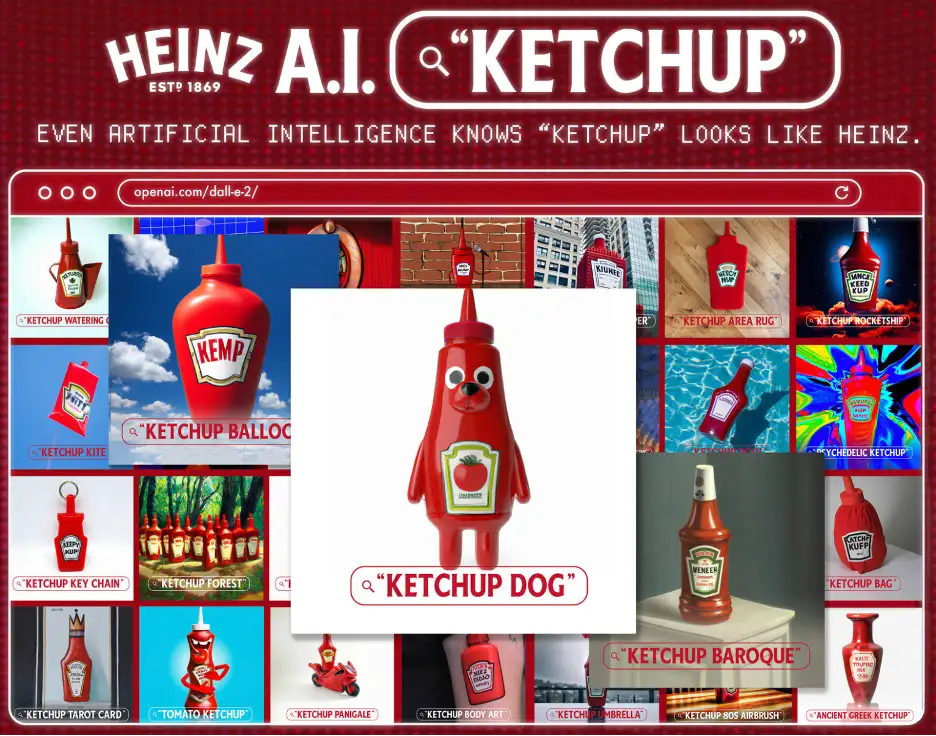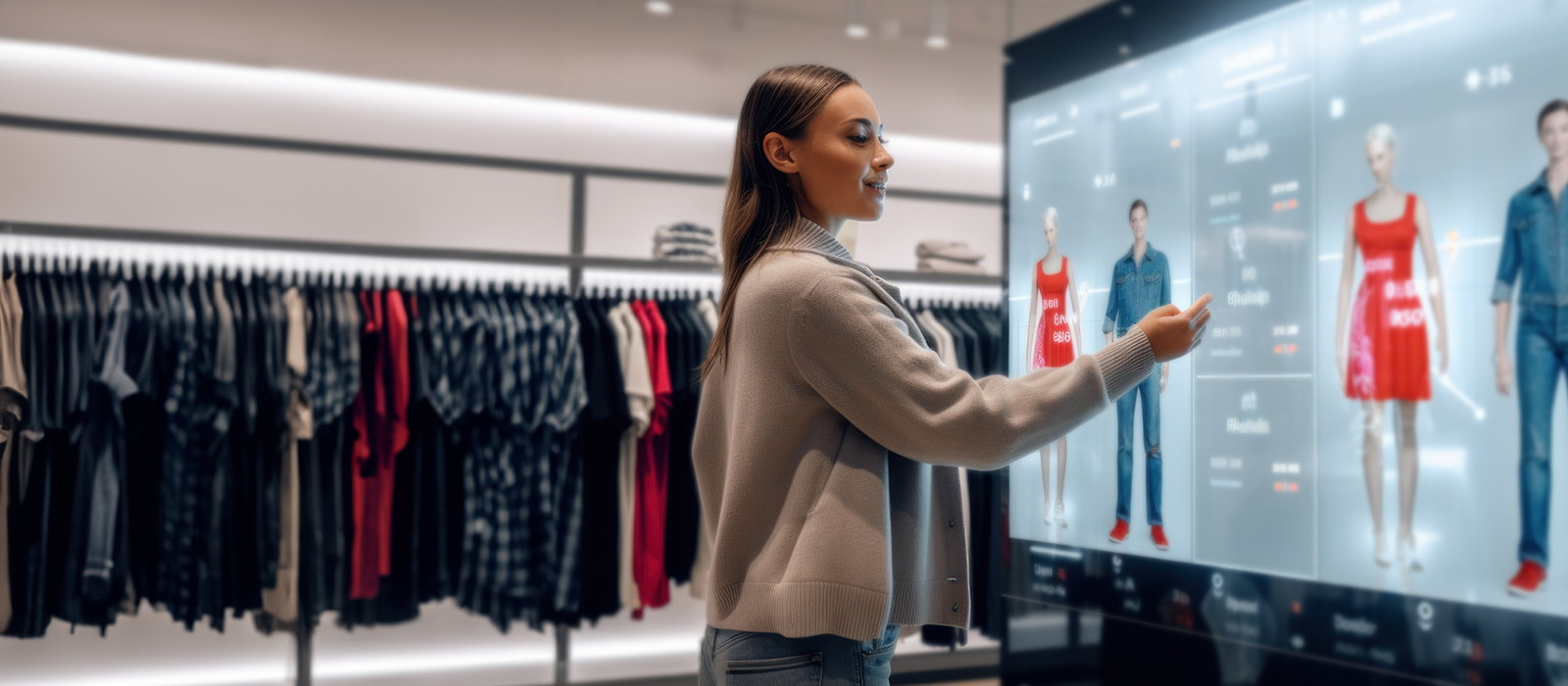
AI Trends Shaping the Future of Consumer Products
The landscape of consumer products and retail is experiencing a seismic shift, with artificial intelligence (AI) at the forefront of this transformation. Companies are leveraging AI technologies to enhance customer experiences, streamline operations, and drive innovation. As consumer expectations evolve, integrating AI has become more than just a trend; it’s a necessity. Here’s an in-depth look at how AI is reshaping the consumer products industry.

1. Personalized Shopping Experiences
One of the most significant impacts of AI is the ability to create highly personalized shopping experiences. By analyzing vast amounts of customer data—ranging from browsing habits to purchase history—companies can tailor product recommendations, promotions, and marketing strategies to individual preferences. This level of personalization not only enhances customer satisfaction but also boosts conversion rates. According to a report by McKinsey, businesses that prioritize personalization can increase their sales by 10-30%.
Real-World Application
Brands like Amazon and Netflix have set the bar high by using AI algorithms to analyze viewer preferences and purchase behaviors. This enables them to recommend products or shows that align with individual tastes, creating a more engaging shopping experience.
2. Predictive Analytics for Inventory Management
Predictive analytics powered by AI is revolutionizing inventory management in the retail sector. Retailers can now forecast demand with incredible accuracy, significantly reducing the chances of overstock and stockouts. This not only improves operational efficiency but also ensures that customers find what they want when they want it.
Industry Insight
According to a 2025 report from EY, companies that harness predictive analytics can expect to cut inventory costs by as much as 25% while increasing service levels to customers. The application of AI in inventory management is a game changer, allowing businesses to respond to market fluctuations in real-time.
3. Enhanced Customer Service with Chatbots
AI-driven chatbots are transforming customer service by providing instant support and assistance. These virtual assistants can handle inquiries, process orders, and even offer personalized recommendations, ensuring that customers receive timely and relevant information 24/7.
Consumer Perspective
A 2024 survey revealed that 70% of consumers prefer using chatbots for quick answers to their questions. Brands like Sephora and H&M have successfully integrated chatbots into their customer service strategy, resulting in improved customer satisfaction and decreased response times.

4. Streamlined Supply Chain Operations
The integration of AI into supply chain management is optimizing operations by improving logistics and reducing costs. With real-time data analysis, companies can identify bottlenecks, streamline processes, and enhance overall efficiency, leading to faster delivery times and improved customer satisfaction.
Statistical Insight
According to a study by McKinsey, companies that implement AI solutions in their supply chains can expect up to 20% savings in operational costs. AI helps organizations anticipate demand fluctuations and adjust their supply chain strategies accordingly, resulting in a more agile and responsive business model.
5. Sustainability and Ethical Practices
As consumers become more environmentally conscious, AI is helping brands adopt sustainable practices. From optimizing resource usage to reducing waste, AI technologies are paving the way for more ethical and sustainable production methods.
Industry Shift
Brands like Unilever and Procter & Gamble are utilizing AI to formulate sustainable sourcing strategies, minimizing their carbon footprint while maximizing operational efficiency. According to a report from the World Economic Forum, companies that embrace sustainable practices can increase their market value by up to 20%.
Conclusion
The integration of AI into the consumer products and retail industry is not just a passing trend; it's a vital strategy for companies aiming to thrive in an increasingly competitive landscape. By leveraging AI technologies, brands can enhance customer experiences, streamline operations, and drive innovation, positioning themselves for long-term success in an ever-evolving market.

For further insights on AI’s impact on consumer products, resources such as the EY Insights report and the McKinsey report provide valuable information about current trends and future projections.
In a world where customer expectations are continually rising, companies that fail to adopt AI technologies risk falling behind. It's time for businesses to embrace this technological revolution and build a more customer-centric future.